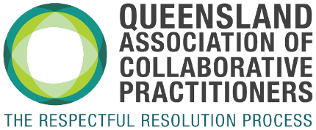What happens if one party is dishonest in some way, or misuses the process to take advantage of the other party?
By signing the Participation Agreement all parties are agreeing to behave in a respectful manner towards the other. You are also agreeing to be open and honest about your position and provide any documents necessary to confirm that position. If there is doubt as to the truth and accuracy of information then your lawyer can request documentation from an outside party to corroborate what the other party has said. By entering into the collaborative process you generally accept that you will reach a negotiated settlement quicker if you are open and honest.
